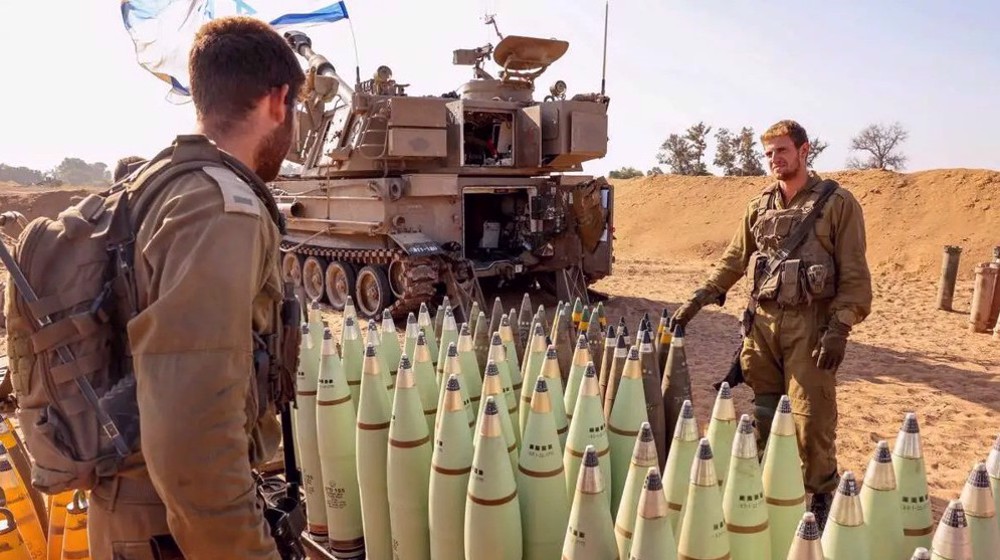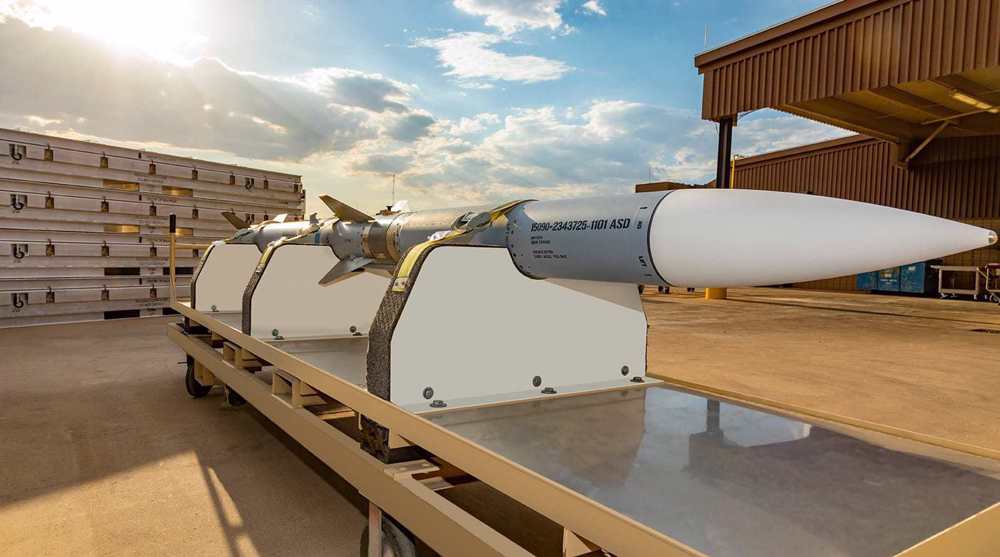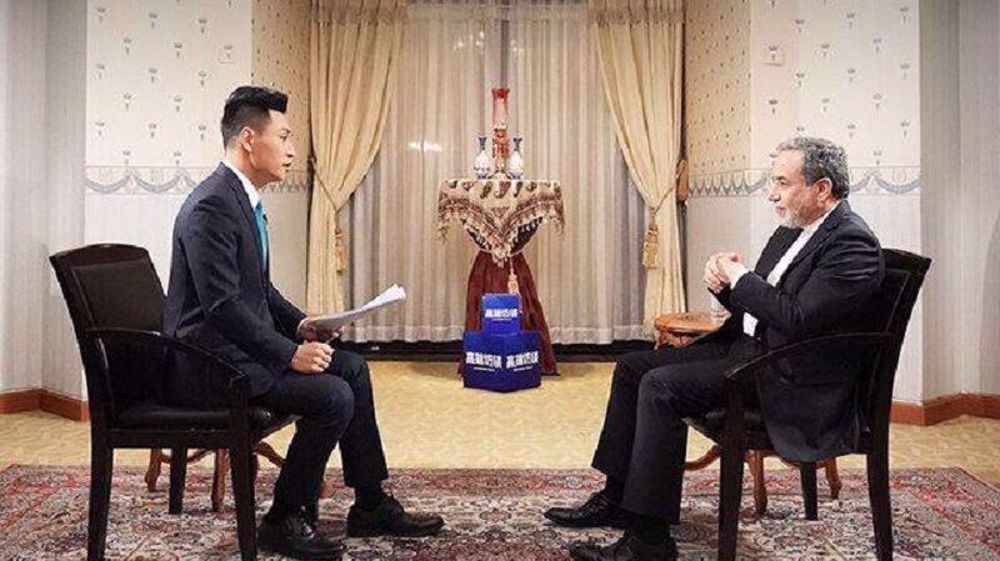US sending mixed signals on Venezuela military action
American officials and military commanders are sending mixed messages about a possible US military intervention in Venezuela as the ongoing turmoil in the Latin American country approaches a critical stage following the recent military coup attempt by the opposition.
Venezuelan army forces loyal to President Nicolas Maduro have been spending the past two days putting down unrest caused by several defectors who had joined the opposition camp led by self-proclaimed president Juan Guaido.
As the apparent coup attempt continued, US Secretary of State Mike Pompeo stated that Washington was prepared to take military action on President Donald Trump’s order.
"The president has been crystal clear and incredibly consistent – military action is possible, if that's what's required – that's what the United States will do," Pompeo told FOX Business.
US Secretary of Defense Patrick Shanahan also noted that his country had carried out “exhaustive planning” for possible operations in Venezuela.
The Pentagon even announced Wednesday that Shanahan was calling off a planned trip to Europe in order to "more effectively coordinate” with the US National Security Council and State Department on Venezuela.
National Security Adviser John Bolton also repeated his threat of the past few weeks that the US military would go in if Maduro wouldn’t step down peacefully.
“We want as our principle objective the peaceful transfer of power, but I will say again as the president has said from the outset ... all options are on the table,” Bolton told reporters outside the White House as the new unrest was beginning in Venezuela on Tuesday.
However, several top military officials have since played down the possibility of a military action, at least at the current stage of the crisis.
Hours after Pompeo’s remarks, Kathryn Wheelbarger, the acting assistant secretary of defense for international security affairs, said while the Pentagon was constantly reviewing all option, there had been no such orders given yet.
“But in this case we have not been given (the) sort of orders that you’re discussing, no,” Wheelbarger told the House Armed Services Committee.
Joint Chiefs of Staff Chairman Gen. Joseph Dunford also noted that the US military was focused on gathering intelligence more than anything.
“The situation is a little bit unclear today from our perspective between Maduro and Guaidó,” Dunford told the House Appropriations Committee defense subpanel.
“We’re doing what we can now to collect intelligence and make sure we have good visibility on what’s happening down in Venezuela and also be prepared to support the president should he require more from the US military," Dunford added.
Meanwhile, the most confusing statements came from Navy Adm. Craig Faller, the head of US Southern Command, which oversees US operations south of Mexico's southern border.
Faller, who had over the past days claimed that his forces were on "the balls of their feet" for action in Venezuela, displayed a sudden change of position on Wednesday.
"Our leadership's been clear," US Southern Command chief Navy Adm. Craig Faller told the House Armed Services Committee. "It has to be, should be, a democratic transition."
He further noted that the US military was preparing for non-combat operation in the South American country.
In only took hours, however, for the admiral to walk back his remarks, as his spokesman later told the US News that Faller’s position ultimately aligned with that of Pompeo.
“Our leadership has been very clear that all options are on the table, although a peaceful transition to democracy in Venezuela is preferred,” Army Col. Amanda Azubuike said in an emailed statement. “At the same time, Adm. Faller has said on numerous occasions we remain ready ‘on the balls of our feet’ should we get the call.”
The Trump administration has recognized Guaido as the president of Venezuela but has so far failed to bring down Maduro despite targeting his government with tough oil sanctions.
Read More:
VIDEO | Martyr Soleimani’s legacy inspires pilgrims flocking to Kerman
VIDEO | Rome sit-in decries Palestinian Authority's betrayal of Palestinian cause
VIDEO | IRGC military drills underway in western Iran to boost combat readiness
VIDEO | Scientist-turned anti-hegemonic filmmaker
Yemen slams missile into northern part of occupied territories
VIDEO | An insider's view of the country: Naqsh-e-Jahan Square
Iran Armed Forces confront all violations against the country’s soil: Ground Forces cmdr.
IRGC deploying ‘new weaponry’ during underway Ground Force drills












 This makes it easy to access the Press TV website
This makes it easy to access the Press TV website